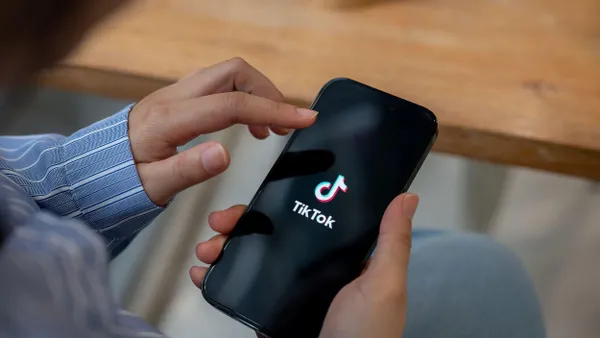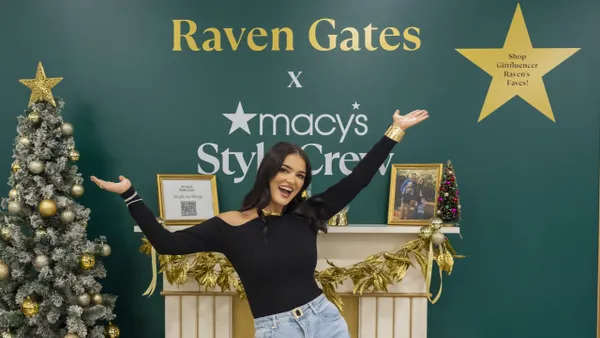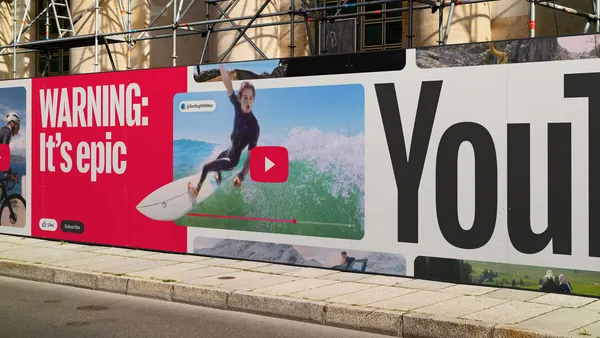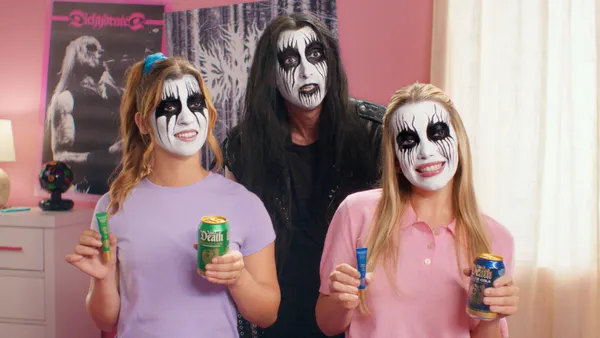Brief:
- Streaming music service Pandora unveiled a sonic logo aimed at helping consumers identify its brand whenever the three-second sound bite is heard, according to an announcement shared with Mobile Marketer. The company may play the logo whenever a listener opens its mobile app, while its sound may be customized based on a listener's tastes.
- Pandora released the sonic logo as part of the spring installment of its "Sound On" brand campaign that features musicians including John Legend, Bebe Rexha and the Jonas Brothers. Pandora in November ran its first "Sound On" campaign to highlight how it connects listeners with music and audio content.
- The spring "Sound On" campaign includes outdoor placements in locations throughout Atlanta, Miami, Nashville, New York, Oakland and San Francisco. Pandora also will have site takeovers on Thrillist, Vevo and Vox online properties, in addition to integrations with Facebook, Hulu, Instagram, Snapchat and Twitter. The effort will include private concerts featuring artists from the campaign and Pandora playlists curated by 20 influencers.
Insight:
Pandora's sonic logo may help the company stand out amid a growing field of streaming audio providers that boast many of the same features, including customized playlists, searchable song databases and links to concert ticketing services. The company's sonic logo follows a similar move by Mastercard, which launched a "comprehensive sound architecture" in February.
Pandora's multichannel campaign, which includes celebrity endorsements, OOH placements, site takeovers, social media integrations, experiential activations and influencer content, could help Pandora compete with rivals like Spotify, Apple Music, YouTube Music and Amazon Prime Music. As part of these efforts, the company last month debuted a tool called Pandora Stories that lets creators create playlists that blend music tracks with their audio commentary.
Marketers are becoming more attuned to sonic logos as smart speakers become increasingly popular, leading brands to consider how they're heard — not seen — by consumers. U.S. smart speaker ownership is forecast to rise 15% this year to 74.2 million, eMarketer estimates, making the music and audio content on these platforms a crucial channel for marketers.
Amazon's Echo smart speaker is the market leader and its Alexa virtual assistant has more than 80,000 voice-powered apps, according to Bloomberg. While some software developers say that Alexa has yet to spawn a breakout hit, that claim ignores the growing popularity of on-demand music on smart speakers — a positive trend for streaming services like Pandora.












